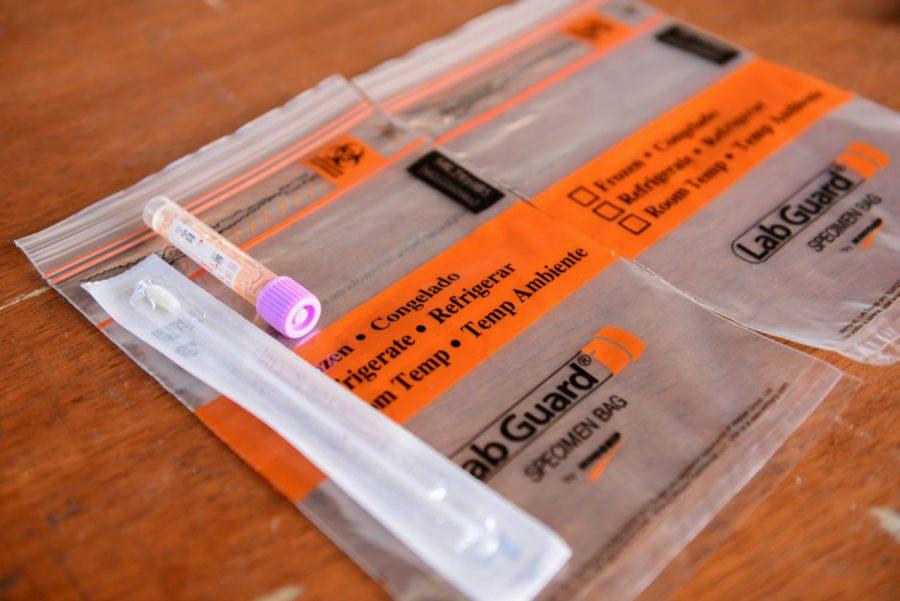Pitt adds 15 new COVID-19 cases since Thursday
February 23, 2021
Pitt added 15 new COVID-19 cases, composed of 12 students and three employees, between last Friday and Monday, with 26 students currently in isolation. The University’s previous case report, covering last Tuesday and Thursday, included 15 cases.
This is the spring semester’s 11th case report and arrives after the Allegheny County Health Department and state health officials have continued to report high case numbers, though much fewer than in previous weeks. According to hospital data compiled by The New York Times, about 77% of ICU beds in the Pittsburgh area are currently occupied, compared with 77% statewide and 73% nationally. UPMC Shadyside is at 79% capacity and has 45 ICU beds remaining.
The shelter-in-place period for students ended last Tuesday, the required 10 days after the last on-campus students moved in on Feb. 5. In-person dining, classes and some common spaces are now open for students in line with the University’s Elevated Risk posture. Despite the lifted shelter-in-place order, students are reminded to wear their masks, wash their hands frequently and keep at least 6 feet of distance when around others.
The COVID-19 Medical Response Office said even with the shelter-in-place period ending Feb. 16, the number of cases and those in isolation housing are “holding steady.” The office stressed the importance of dining 6 feet apart from others, as eating with others without precautions can increase the spread of COVID-19 around campus.
The CMRO also said the University is working on a vaccine distribution plan and will provide updates as they become available. Pitt was recently approved as a vaccine provider, but has not yet received a supply of vaccines. The CMRO encouraged those who are offered a COVID-19 vaccine to take it and not to wait until Pitt has its own supply of vaccines.
The University has had 982 students and 197 employees test positive since June 26, with 956 students and 188 employees recovered thus far.
There are 26 students currently isolated at home or in Pitt’s isolation housing, which is reserved for those who have either a confirmed or suspected COVID-19 infection. Pitt has a total of about 300 isolation beds.
Pitt has implemented a systematic, random testing strategy, which involves testing several hundred students each week on Mondays and Wednesdays. The latest round of testing data publicly available is from Feb. 17.
The University implemented a variety of new policies due to the pandemic during the spring semester, though some community members question whether the safeguards are sufficient. Students needed to have a negative COVID-19 test before moving back to campus and were encouraged to shelter in place at least seven days before moving in. Once on campus, students were required to shelter in place again for at least 10 days or until the CMRO announced that it was safe to move about campus. Pitt has also planned testing of students to monitor the virus’s spread, required students, faculty and staff to complete COVID-19 training and imposed strict penalties for violations of health guidelines.
Kenyon Bonner, the vice provost and dean of students, said student organizations who host a party or event can face suspension, and students hosting large parties can be suspended.
Students living on campus who attend large parties can have their housing suspended for the semester, and students living off campus can be switched to persona non grata status, preventing them from entering University buildings or property.



